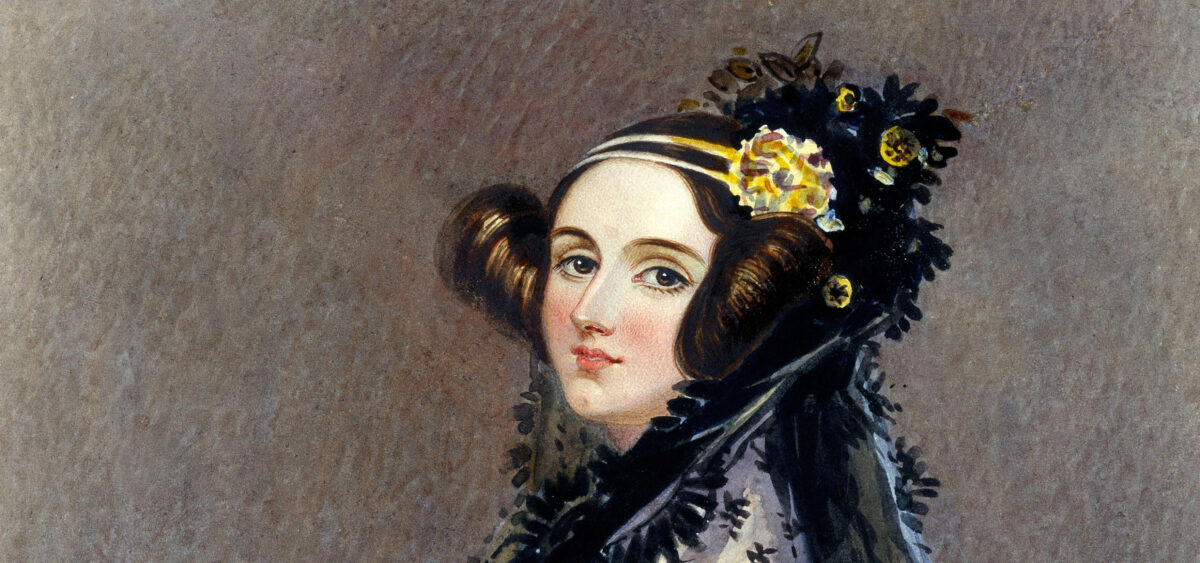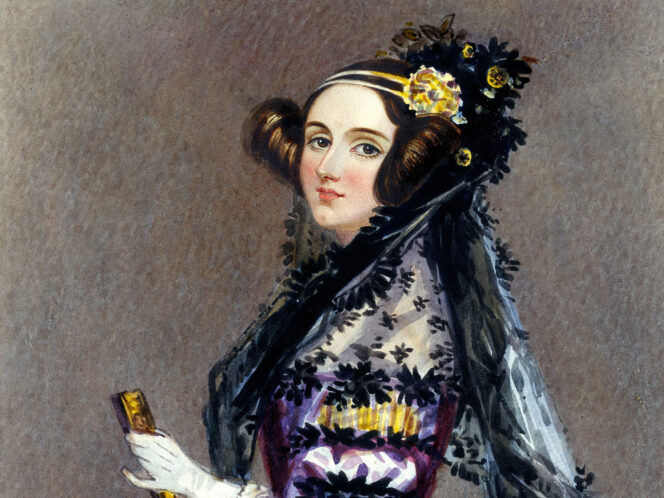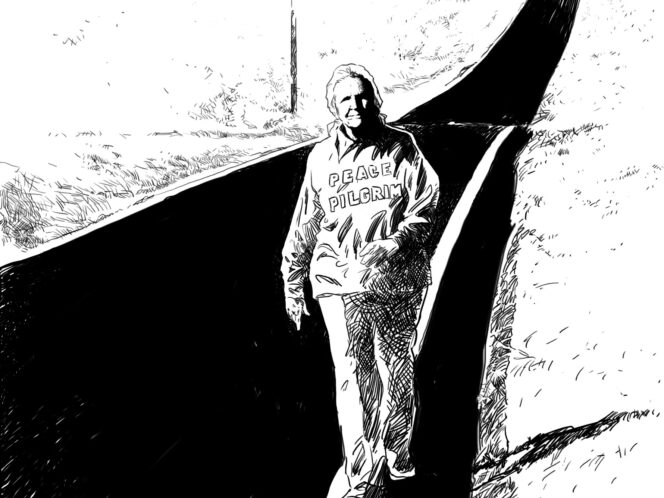
She was a woman ahead of her time. She caused scandals and lost considerable sums of money betting on horses. She also foresaw changes that went unnoticed by her contemporaries – fellow inventors who were less creative than her. Meet Ada Lovelace, the world’s first computer programmer.
Gender equality was non-existent in those times. Ada Lovelace could not become a member of the Royal Society in London, since membership status in the British academy was a privilege reserved for men. So she signed up her husband, who participated in the society’s sessions, copied articles from its library and shared his notes with his wife.
Ada was so ahead of her time that 150 years had to pass before her achievements were rediscovered and properly acknowledged. In the early 1970s, the U.S. Department of Defence named an early programming language after her. It is still used today.
The daughter of a wild man
It is impossible to tell Ada’s story without mentioning her father, the illustrious Lord Byron (George Gordon Byron). She never met him, because her parents separated when she was five-weeks old. But the poet paradoxically had a large influence on his daughter. Ada was brought up in Kirkby Mallory, a village in Lancashire County. The Kirkby Hall residence, where she lived with her mother and grandparents, does not exist anymore. Little Ada was educated so that she never followed in her father’s steps. Literature, visual arts and music were all forbidden. Instead she studied biology, geography, history and, most importantly, mathematics. Ada was taught by formidable tutors from an early age – an unusual educational path for a well-bred young lady in the early 19th century. Annabella, Ada’s mother, did everything to ensure that her child became the exact opposite of her father and didn’t inherit his “diabolical character”. In fact, Ada turned 20 years old before she saw her father’s portrait for the first time.
Byron was at the height of his fame when he died in 1894. His daughter was eight years old at the time. Weakened by illnesses and frequent blood-letting, considered the perfect treatment for each and every ailment, the








